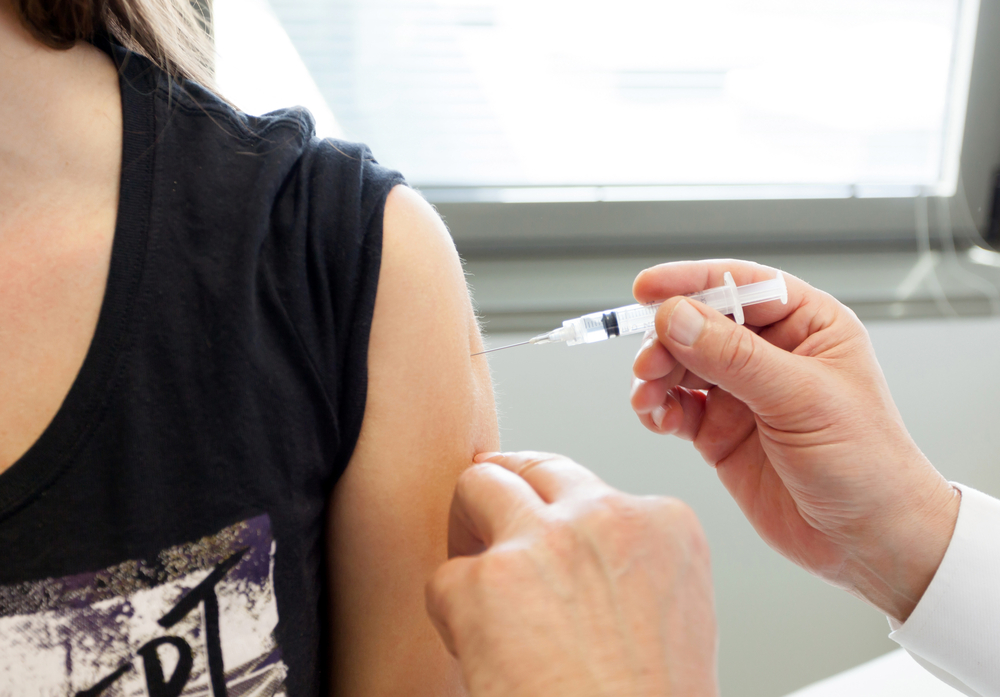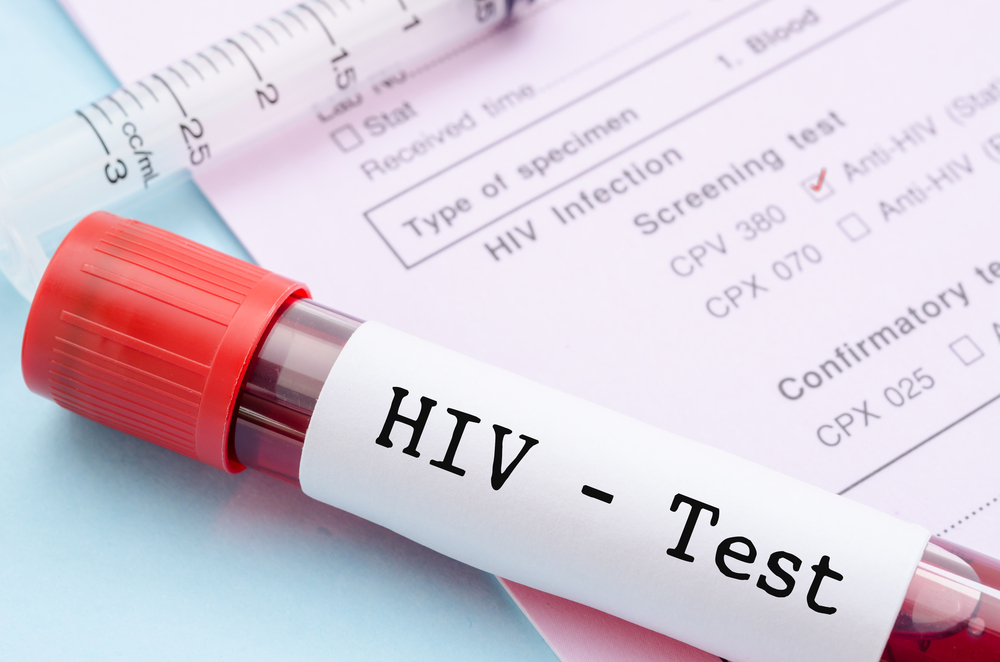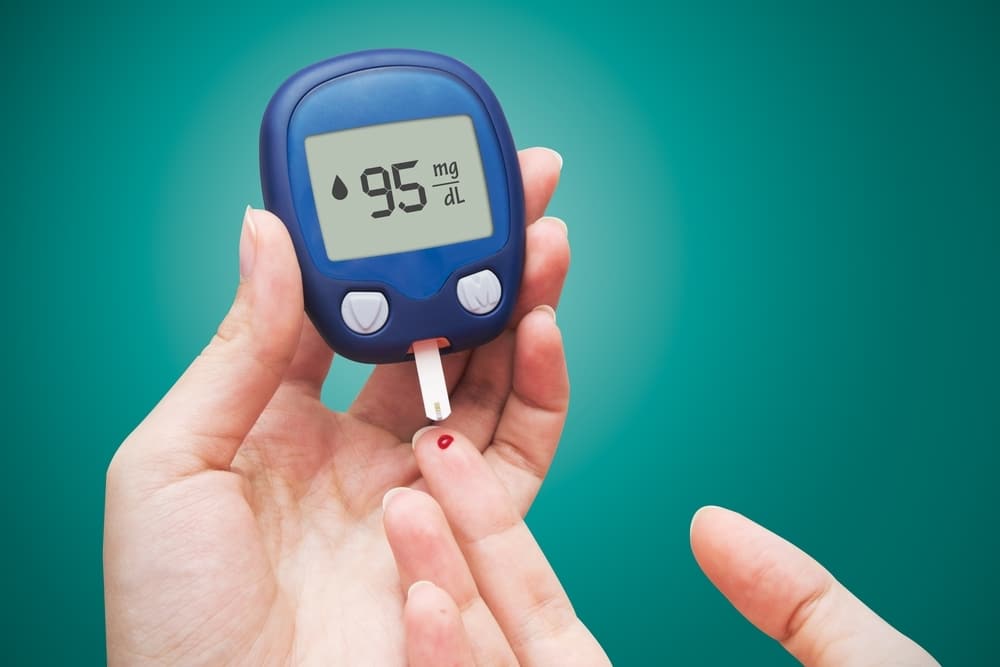Contents:
Medical Video: A Woman's Journey: A Stage 4 Melanoma Mom
Women during pregnancy or within a year of childbirth diagnosed with melanoma, aka the most deadly type of skin cancer, have a five times more chance of dying from skin cancer than women with non-pregnant melanoma, said a study published in the Journal of The American Academy of early 2016 dermatology.
The researchers estimate that nearly one third of melanoma cases are diagnosed in women during pregnancy and childbirth. Because many women now delay pregnancy until their 30s or 40s, coupled with the fact that melanoma is the most common type of cancer in young adults aged 25-29 years, more women can be confronted with melanoma before or during pregnancy.
Among women under 50 with malignant melanoma, those diagnosed during or immediately after pregnancy are far more likely to have the tumor spread to other organs and tissues, and are also far more likely to have recurrent cancer within 7.5 years after treatment.
"This study shows that women who are diagnosed with melanoma during pregnancy or in the post-pregnancy period have a higher risk of melanoma," said Dr. Jeffrey Farma, co-director of oncology and skin melanoma program at Fox Chase Cancer Center in Philadelphia, regarding studies that based on a review of medical records for these 462 women.
The researchers did not say that pregnant women must have a higher chance of contracting melanoma compared to other women. However, reported from Live Science, if pregnant women contract melanoma, the cancer tends to be more malignant and aggressive than melanoma cancer in other women.
What causes melanoma during pregnancy?
Reporting from Reutersresearchers don't know why melanoma seems more aggressive in pregnant women, but they suspect the possibility of hormonal changes that occur in pregnant women, such as increased estrogen levels. Greater aggressiveness than melanoma in pregnant women can also relate to the immune system which decreases during pregnancy to prevent a woman's body from rejecting the fetus, the researchers said.
However, this theory is disputed by one researcher, Marcia S. Driscoll, MD, FAAD, associate professor of clinical department of Dermatology at the University of Maryland School of Medicine, Baltimore, USA, quoted from the American Academy of Dermatology (AAD) Driscoll said, based on three controlled studies, hormones did not have a negative effect on melanoma. He further argued that he had not yet found a strong link between hormones and melanoma.
However, experts still advise pregnant women with the potential for melanoma to always be vigilant and check their skin for small changes or abnormalities - for example, having a lot of growing moles, a history of heavy sun exposure, or a family history of skin cancer - and soon seek medical attention if they feel something is suspicious.
Melanoma can be treated safely during pregnancy
"Although being diagnosed with melanoma is a scary thing, it can cause great anxiety if it occurs when someone is pregnant," Dr. Driscoll said. "However, when you look at the big picture, there is no strong evidence to show that pregnancy has a negative influence on patient outcomes." So does the effect on babies; including rare - negative effects on infants only seen in women who have advanced melanoma, where the tumor has spread and affects the entire body.
The stages of melanoma are based on three variables - tumor thickness, the presence or absence of ulceration, and whether melanoma has spread to lymph nodes or other organs. If the tumor depth is less than 1 mm (considered 'thin melanoma', the initial stage of the disease), there is no ulceration (the upper skin layer when viewed through a microscope is still intact), and melanoma does not or has not spread, doctors classify the prognosis very well for melanoma patients can survive.
If a pregnant woman is diagnosed with a melanoma that has not spread (localized), then she will usually receive the same treatment as other people - especially extensive local excision to remove the tumor. This procedure should not be delayed and can be safely carried out under local anesthesia during pregnancy. In cases where extensive local excision must be carried out in the final stages of pregnancy, the patient's obstetrician may be involved and collaborate with a dermatologist to monitor the fetus during the procedure. If the melanoma is deeper than 1 mm, Driscoll suggests that a procedure known as sentinel lymph node mapping and biopsy should be considered, although this procedure is still controversial.
"For a woman who has had a more advanced stage of melanoma, the treatment options may be more limited if melanoma recurs during pregnancy," Driscoll said. Fortunately, advanced cases like this are fairly rare, and if medical procedures are required, some experts concerned will be involved in therapy.
The best time to prevent skin cancer begins before women reach childbearing age
Effective prevention of melanoma is divided into two stages: First, reducing and limiting exposure to UV (ultraviolet) radiation, both from natural sunlight and artificial sources (for example, tanning beds); Second, identify and diagnose melanoma as early as possible.
Noteworthy: although research shows that most melanomas (almost 90%) are considered preventable, studies also show that mucosal melanoma or ocular melanoma is not associated with UV exposure or is considered preventable.
- Apply UVA and UB protective sunblocks or sunblocks with a minimum of SPF 15 or higher, 15 minutes before leaving the house and repeat every two hours including during cloudy and rainy weather, and after sweating or swimming.
- Use protective clothing, such as long hands, hats and glasses
- Find shelter when possible. The sun's rays are strongest at 10am to 4pm.
- Avoid tanning beds
- Take care of babies and toddlers from excessive sun exposure. Babies over 6 months old can use sunscreen.
- Be careful when in a reflective environment. Water, snow and sand can reflect and enlarge damaging rays from the sun, increasing your chances of sunburn.
- Avoid sunburn. Sunburn, aka severe sunburn, especially during childhood, increases the risk of melanoma and other skin cancers. Only one blazing sun can increase your chances of developing melanoma later in life.
- Increase consumption of vitamin D.
Parents should limit children's exposure to ultra violet (UV) radiation sources that can cause skin cancer by ensuring children have sunscreens or protective clothing. Parents must also educate older children - especially teenage girls - about the risk of melanoma associated with tanning beds.
In women who can recover from melanoma, the risk of recurrence must be anticipated before they want to have more children, said Brian Gastman, a plastic surgeon at the Cleveland Clinic and a member of the research team. No less important is avoiding risk factors such as sun exposure.
READ ALSO:
- The danger of parabens in beauty products
- This chemical is commonly found in cosmetics. Pregnant women, avoid it!
- Pregnancy glow, myth or real?












